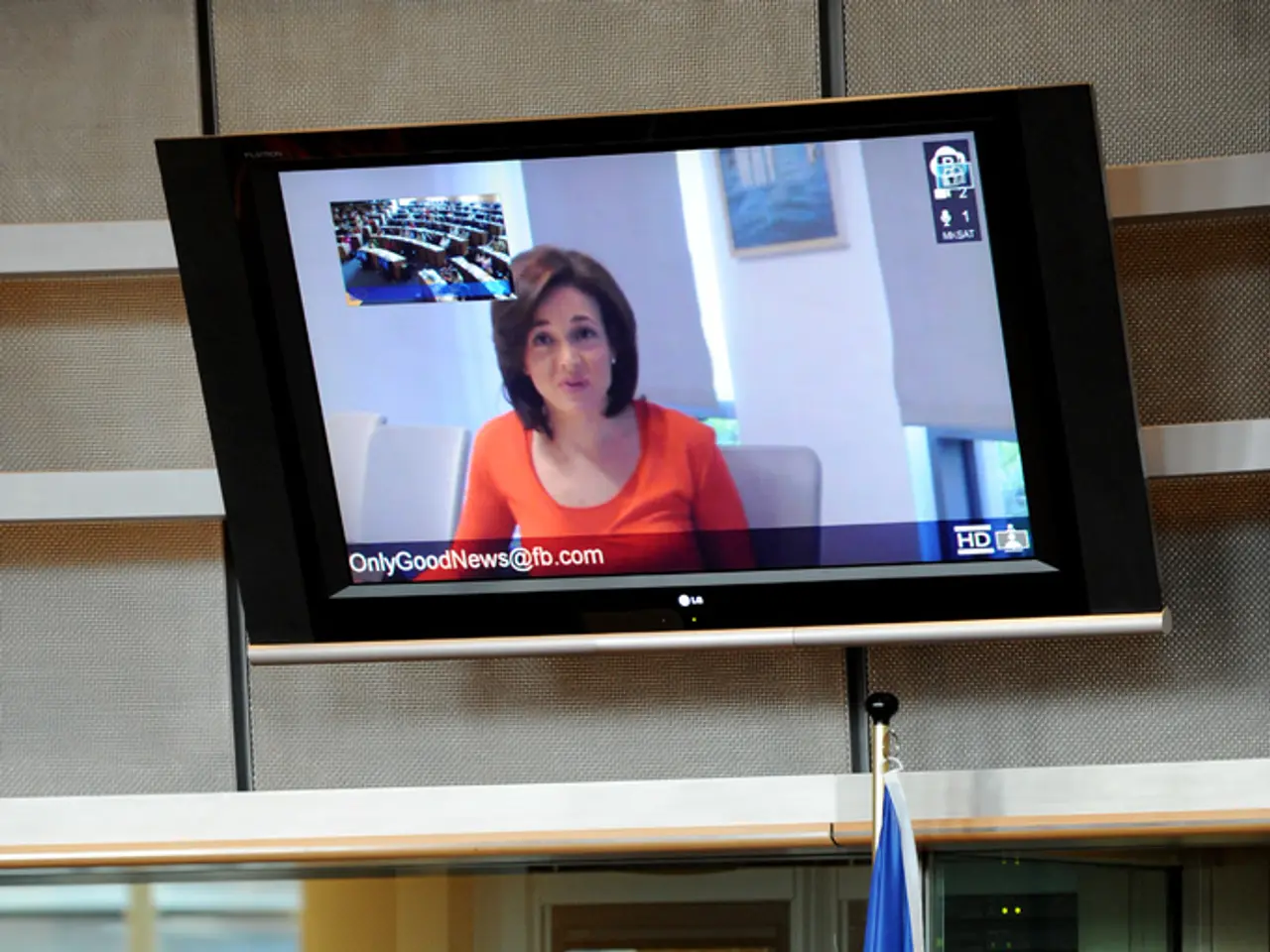Parliamentary sessions in Germany this week
In the heart of Europe, Germany continues its commitment to peacekeeping and regional stability through its deployments in Bosnia and Kosovo.
This week, the Bundestag will debate the federal government's proposal to continue the participation of the German Armed Forces in the EU-led security operation in Bosnia and Kosovo. The primary focus of these deployments is now part of the EU-led peacekeeping mission EUFOR ALTHEA in Bosnia, which aims to stabilize the region.
As of mid-2025, EUFOR ALTHEA will remain essential in Bosnia, with Switzerland’s Federal Councillor Martin Pfister recently visiting Bosnia to discuss the security situation and the future of the mission, indicating ongoing international cooperation and interest in its continuation.
In Kosovo, German forces contribute to KFOR, the NATO-led peacekeeping force ensuring security and stability. Recently, a multinational mechanized brigade training event involving German troops took place in cooperation with forces from Kosovo and other Balkan countries, highlighting active engagement in joint military exercises to enhance readiness and regional security.
Key issues involve maintaining peace and preventing ethnic conflicts that have historically destabilized the region. The new EU status agreement with Bosnia enables Frontex to conduct joint border surveillance operations to prevent irregular crossings and enhance security, which may affect the operational environment for all peacekeepers, including German forces. This agreement awaits parliamentary approval but may soon facilitate enhanced border control cooperation.
The German deployments in Bosnia and Kosovo remain part of broader European and NATO efforts focusing on peacekeeping, regional stability, and joint military readiness exercises, with adjustments for new agreements like the one enabling Frontex operations in Bosnia.
In other developments, the federal government has applied for an extension of the German Armed Forces Mission in Lebanon UNIFIL, and the mandate is to be extended by one year. The personnel ceiling remains at 300 soldiers, and the costs amount to around 41 million euros.
Moreover, the federal government is working on simplifications and facilitations of the substance flow balance ordinance, which will be renamed the nutrient balance ordinance in the future. This move aims to relieve farmers in nitrogen-polluted areas from regulations.
In health-related matters, the federal government is working on accelerating and simplifying approval procedures for clinical trials and the approval of drugs, medical devices, and research-related radiation applications while maintaining high safety standards for patients.
The Bundestag is also set to adopt a draft bill to protect minors in overseas marriages this week, as the regulation on the invalidity of marriages with or between minors who are younger than 16 years has been declared unconstitutional by the Federal Constitutional Court in 2023.
For drivers under the age of 21, the existing alcohol ban will be extended to include a ban on cannabis consumption, with the analytical detection limit of 1.0 nanograms per milliliter established by case law applying.
In the environmental department, plans are underway to harmonize radiation protection notification and licensing procedures with those of medicinal and medical device law. The federal government has also introduced a bill to amend the Federal Immission Control Act (BImSchG) in the Bundestag last year.
The draft bill aims to make international criminal proceedings more accessible to the international community. It also expands the prosecution of environmental crimes to non-international conflicts and facilitates the prosecution of enforced disappearances of persons in accordance with international legal provisions.
Approval authorities should work better together by clearly defining and coordinating responsibilities. Furthermore, the draft bill proposes to digitize all procedural steps of a permit while maintaining business and trade secrets. A simplified permit procedure will be introduced for simple software updates without structural changes.
The draft bill also aims to lower nitrate pollution in groundwater by amending the Fertilizer Act. Since April 2024, the possession and consumption of cannabis has been partially legal for adults, and the federal government will debate a draft bill this week that implements a protocol clarification for better implementability of the partial legalization of cannabis.
Lastly, the federal government is promoting the research and production of new drugs and medical devices in Germany, with pharmaceutical companies having the option to opt out of publicly listing reimbursement amounts for new drugs, thereby improving supply security. The draft bill "Amending the Financial Equalization Act 2024 and Amending the Stabilization Fund Act" (FAG Amendment Act 2024) adapts the vertical VAT distribution for 2024 to 2028 to fund this financial support.
In conclusion, Germany's deployments in Bosnia and Kosovo continue to focus on peacekeeping, regional stability, and joint military readiness exercises, with adjustments for new agreements like the one enabling Frontex operations in Bosnia. The federal government is also making strides in simplifying approval procedures, promoting research and development, and protecting the environment and minors.
- The ongoing debate in the Bundestag this week involves the federal government's proposal to extend the participation of the German Armed Forces in the EU-led peacekeeping mission in Bosnia and Kosovo, which includes the general-news topic of politics.
- In Bosnia and Kosovo, Germany's military services are engaged in EUFOR ALTHEA and KFOR respectively, missions specifically aimed at maintaining regional stability and peacekeeping, thereby connecting directly to the given words politics and general-news.







